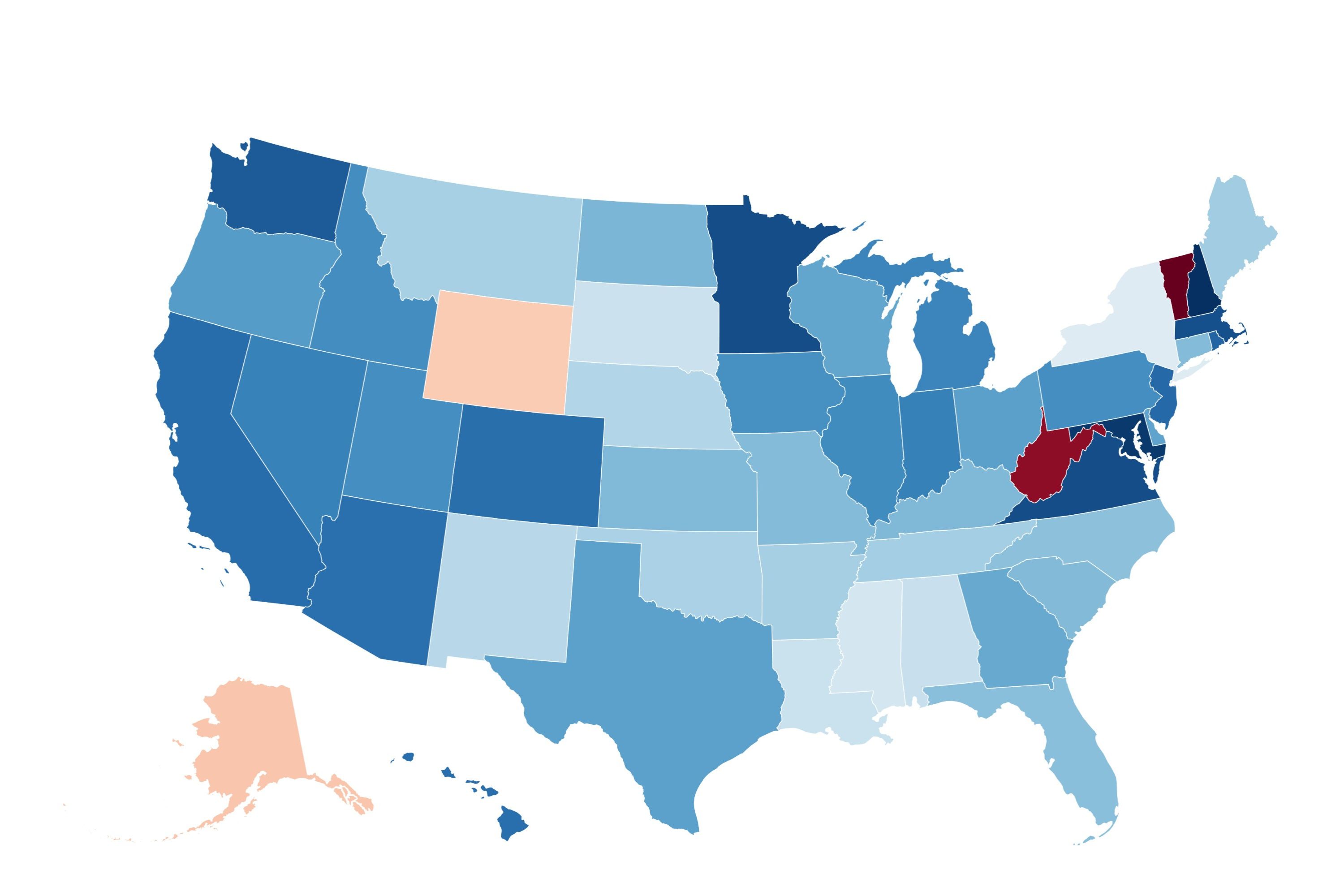Texas Floodwaters: Hidden Health Risks May Linger for Months, Warn Experts

Recent devastating floods in Texas have left behind a trail of destruction, and the dangers aren't limited to immediate structural damage. Health experts are sounding the alarm about potential long-term health risks associated with floodwaters, warning that complications could persist for months after the waters recede. Understanding these risks and taking preventative measures is crucial for the well-being of affected communities.
The Toxic Cocktail in Floodwaters
Floodwaters aren't simply water; they're a complex mixture of debris and pollutants. These waters can be heavily contaminated with a dangerous cocktail of substances, including:
- Bacteria and Viruses: Sewage overflows and contaminated runoff introduce harmful bacteria and viruses, increasing the risk of gastrointestinal illnesses, skin infections, and other infectious diseases.
- Chemicals: Industrial sites, agricultural areas, and even residential properties can release chemicals, pesticides, and fertilizers into floodwaters. These substances can pose serious health hazards upon contact or ingestion.
- Waste: Floodwaters often carry household waste, animal carcasses, and other unsanitary materials, creating breeding grounds for disease vectors and posing a significant public health threat.
- Debris: Sharp objects, broken glass, and other debris lurking beneath the surface can cause physical injuries.
Immediate and Long-Term Health Concerns
The immediate health risks are often well-understood: cuts, bruises, and potential exposure to contaminated water. However, the long-term consequences are less obvious but equally concerning. These can include:
- Waterborne Illnesses: Even after floodwaters recede, residual contamination can linger in the soil and groundwater, posing a continued risk of waterborne illnesses.
- Skin and Respiratory Problems: Prolonged exposure to mold and mildew, which thrive in damp environments, can trigger allergic reactions, asthma attacks, and other respiratory issues. Skin irritation and infections are also common.
- Chemical Exposure Effects: Chronic exposure to low levels of chemicals in contaminated water or soil can have long-term health consequences, potentially affecting organ function and increasing the risk of certain cancers.
- Mental Health Impacts: The trauma of experiencing a flood can lead to anxiety, depression, and post-traumatic stress disorder (PTSD).
Protecting Yourself and Your Family
Here's what you can do to minimize health risks following a flood:
- Avoid Floodwaters: Stay away from floodwaters whenever possible.
- Wear Protective Gear: If you must enter flooded areas, wear waterproof boots, gloves, and eye protection.
- Disinfect Everything: Thoroughly disinfect surfaces that have come into contact with floodwaters using appropriate cleaning solutions.
- Boil Water: Boil water for drinking and cooking until water quality is confirmed safe.
- Be Vigilant for Mold: Inspect your home for mold growth and take steps to remove it promptly.
- Seek Medical Attention: If you experience any concerning symptoms, such as fever, diarrhea, skin rash, or respiratory problems, seek medical attention immediately.
The Road to Recovery
The recovery process after a flood is complex and requires a coordinated effort from individuals, communities, and government agencies. Prioritizing public health and providing access to essential resources are crucial steps in ensuring the long-term well-being of those affected by these devastating events. Staying informed, taking preventative measures, and seeking help when needed are key to navigating the challenges ahead.






